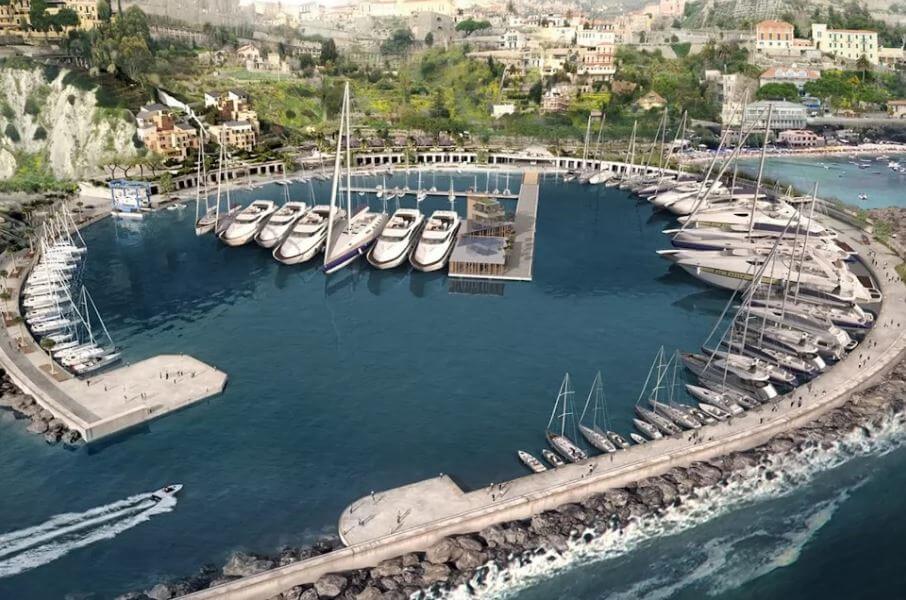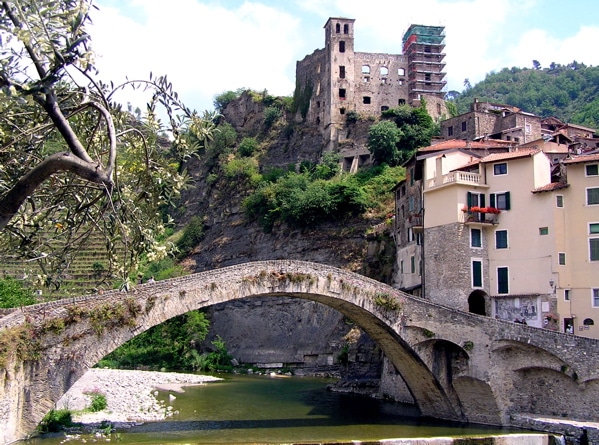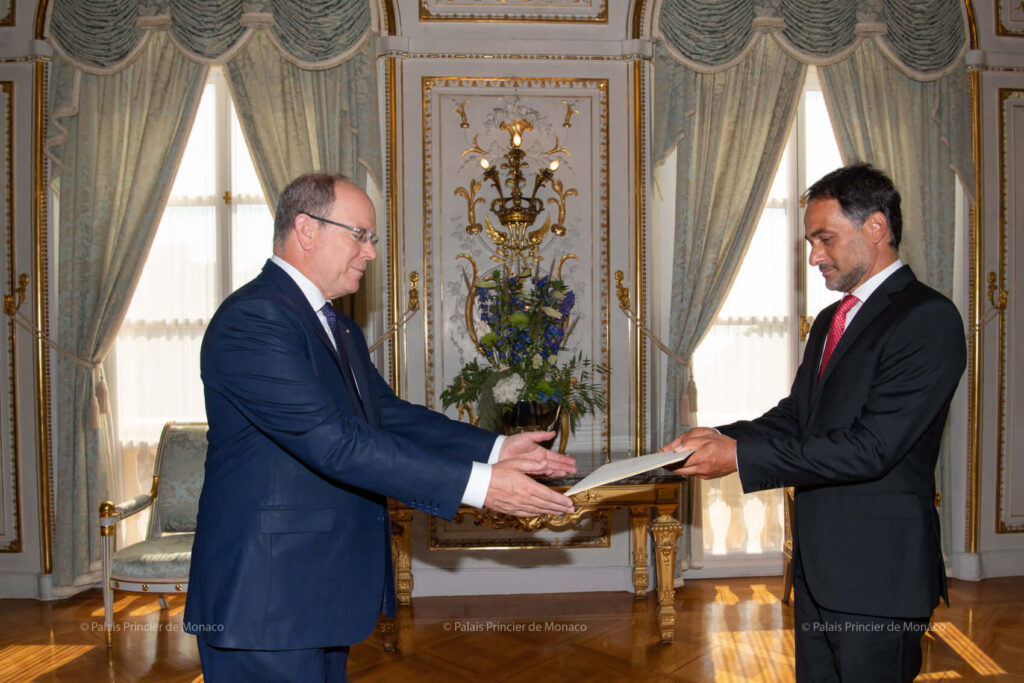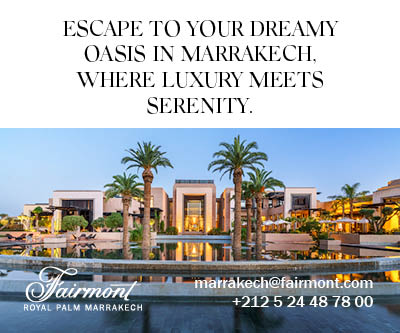We talked with Monaco’s new Italian ambassador about the close relationship between the two countries, the new port of Ventimiglia and how best to go about a diplomatic career.
Giulio Alaimo studied political science at the University of Rome La Sapienza. After joining Italy’s diplomatic corps in 1991, he will work all around the world: from Pakistan and Argentina, to Paris, Canada and Switzerland, where he was appointed General Consul in Zurich.
Giulio Alaimo’s last months in Switzerland coincided with the start of the coronavirus pandemic. At the time, Zurich was one of the only air corridors into Italy. “We found ourselves organising repatriations for many Italian citizens stranded abroad. It was a fair bit of work,” he admits with a smile.
Did you know? If Monaco officially has a foreign policy only since 2005, the Principality’s diplomatic relations with Italy date back to 1875. Along with France, Italy is only one of two country that have an embassy in Monaco.
Did you know Monaco at all when you first arrived?
I knew Monaco as one knows countries one has only visited as a tourist. It was obviously a superficial knowledge related to my studies, my readings, but not a field experience as I am doing now, living and breathing the local environment as a resident. And I have to be honest: out of all the mandates available at the time of my appointment, Monaco was the place I wanted to come to the most.
Is it almost like coming home?
Yes, in many respects it is. Not only because of a geographical proximity – Monaco is a just a step away from Liguria (13km to be precise, ed.), but also because Italy is very present in Monaco. There are many Italian residents – about 8,500 (out of a population of 38,000, ed.), as well as 4,500 Italians who commute across the border. Monegasque culture is also very close to Italian culture, in terms of family traditions, in terms of the language, in terms of surnames… In many ways, being in Monaco is like being in Italy. You don’t feel a sense of cultural alienation.
Monaco was the place I wanted to come to the most
Talking about cultural distance, you’ve worked in very different places, how does diplomatic work change according to the country you’re in?
The work changes according to the country and the job you’re in. I started in Pakistan in the 90s when the diplomatic situation was not what it is like today. I dealt with migration and cultural problems. We were faced with a fascinating world, but certainly one that was far away from Italy. This is not a value judgement, just an objective fact. There were different traditions, there were different habits, there was a political system built in a completely different way from ours. Then I went to Argentina, which I must say was also a bit like going back to Italy (over 50% of Argentina’s population has Italian origins, ed.). I was later sent to Paris, where I was involved in cultural politics, which was a privilege.
Being in Monaco is like being in Italy
Any memories that stand out?
There are many because each location leaves a strong imprint. From the charm and beauty of Pakistan, to Paris because it is an extraordinary city, and Zurich because of its important Italian community. For personal reasons, I remember Argentina because two of our children were born there. Every country can be very beautiful and but also very draining. In this work, the spirit with which you face new experiences is what matters the most. You cannot go looking for what you want. You have to find out what the country can offer you; you have to become part of it.
Going back to your current appointment, what can you tell me about relations between Italy and Monaco?
Relations between Italy and Monaco run almost on their own, for instance thanks to the many Italian entrepreneurs who have been established in the Principality for decades. There are about 2,000 active Italian companies. It would be nice if the embassy served as a meeting point between all these players. We must of course also mention the close relationship between Monaco and the region of Liguria. One of the first things I was confronted to on the job was storm Alex. The day after the tragedy, I was informed that Monaco’s Government had unlocked one million euros in aid for the affected regions.The Principality has shown concrete solidarity, which is not only proof of a close bond, but also of growing economic interests.

There is no doubt that the arrival of superyachts should boost the city’s economy and social fabric
You mean the new port in Ventimiglia?
That’s right. The port of Ventimiglia, which is de facto Monaco’s third port. Monaco’s significant investments will have an effect on Ventimiglia and there is no doubt that the arrival of superyachts should boost the city’s economy and social fabric. Another dossier that is taking shape is the twinning between Monaco and Dolceacqua, a small town in the Ligurian hinterland, which was immortalised in a painting by Monet. It is very beautiful, I urge everyone to visit it. The link between Monaco and Dolceacqua dates back to a rather violent story that is typical of Renaissance history, when in 1523 a member of the Doria family killed a member of the Grimaldi family. To commemorate the 500th anniversary of the murder, there will be a town twinning in 2023. A series of events of cultural and tourist events are being organised.

And as far as Italian culture in Munich is concerned, do you have any projects?
I’m afraid we’re in the hands of the virus. For the time being, all our events are frozen. We usually have a series of annual events, for example the week of the Italian language, the week of Italian cuisine, a design day in March, and a contemporary art exhibition in December. We are adapting. The contemporary art exhibition will be virtual. It is better than nothing, but it will certainly never be a real exhibition. We have a lot of ideas, even for June second (Italian National day, ed.), but unfortunately, we are in a situation of uncertainty.














